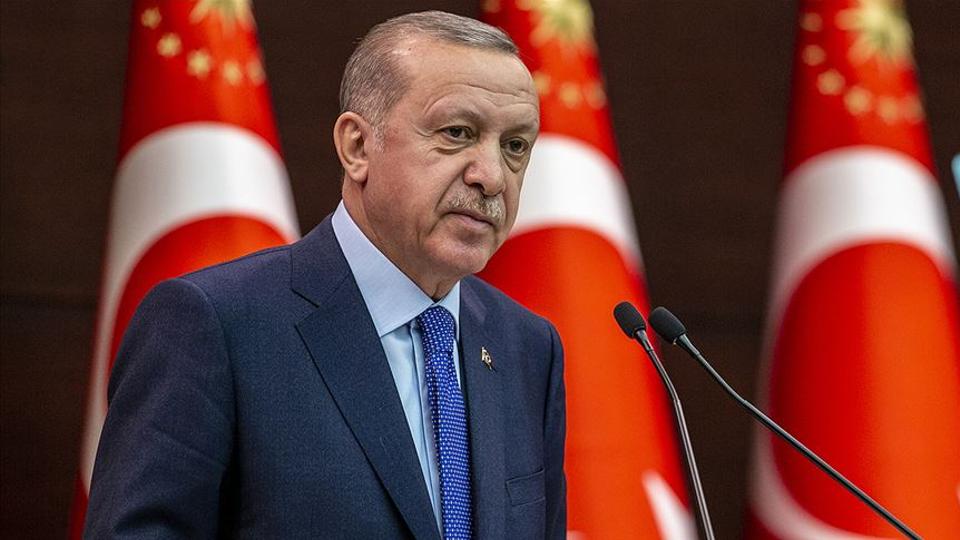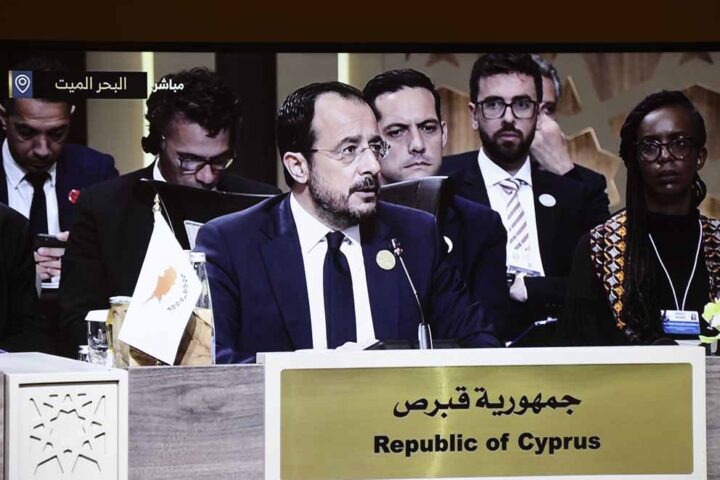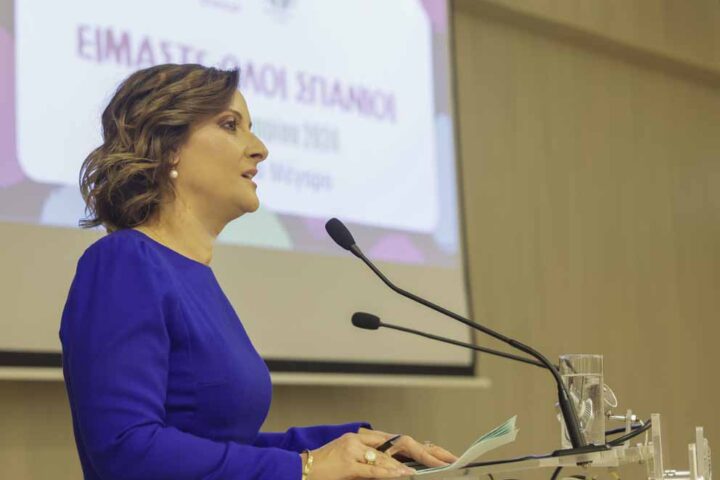The news that Turkey and Armenia had a first round of talks in Moscow to establish diplomatic relations and open their borders reminded me of the phrase “a wind of change” used by the late British PM Harold Macmillan.
For years, the two countries have been living in a climate of rivalry, because of the genocide of 1.5 million Armenians in 1915, already recognised by many countries, including Russia, France, and the United States, due to the tireless efforts of the Armenians of the diaspora.
On the initiative of the United States in Geneva, hard diplomatic work resulted in the peace agreement of 2009, which Turkey never ratified.
What happened that year proves how strong President Erdogan was feeling at the time.
In 2009, newly elected President Obama went to Prague to have talks with the presidency of the European Union and then to Turkey, his first bilateral visit, evidently to demonstrate how much the Muslims matter for his country.
In December of that year, President Erdogan reciprocated the visit, and during their talks in Washington, President Obama asked his ally and strategic partner to do four things.
To all four, the Turkish President said ‘no’.
First, to strengthen the military presence and the other NATO members in Afghanistan.
“Turkey is not sending soldiers to kill Muslims. Our soldiers there are doing administrative work and train the Afghans,” was the answer.
Second, Turkey should impose stricter sanctions against Iran for its nuclear programme.
Sanctions are not effective, was the position.
Six months later, in 2010, Turkey as a non-permanent member of the Security Council, voted against the American draft resolutions providing stricter sanctions against Iran.
Third, to mend fences with Israel to bring stability to the region.
Instead, things went wrong because of the effort by Turkey to break the embargo of the Gaza Strip and the killings which ensued on the ‘Mavi Marmara’.
Fourth, President Obama asked his Turkish counterpart to expedite ratification by the Grand National Assembly of the Geneva agreement to normalise the Turkey-Armenia relations reached at great pains by Foreign Minister Hilary Clinton.
The answer was that if Armenia does not withdraw from Nagorno-Karabagh, this will never happen.
That was Erdogan at that time.
Today, things have changed.
The Davutoglu dogma for zero problems with neighbours forcefully failed. Turkey is isolated.
In the region, her relations are not friendly with Israel, Egypt, Saudi Arabia, and the UAE, worse even with Greece and Cyprus.
Within the international framework, the relations with the U.S. are at their lowest point because of the purchase of the Russian-made S-400 missile system.
With France, there is antagonism in the eastern Mediterranean, which Paris considers as her zone of influence, hence, the friendly relations with Cyprus.
With the European Union, the accession negotiations are at a standstill, and the only support Turkey can hope for is that of EU members having economic interests there.
Within the local framework, the dire economic situation, because of the devaluation of the Turkish lira and the strong attacks of the opposition, has heavily influenced Erdogan’s popularity, as witnessed by opinion polls.
Moreover, the diplomatic successes of Greece in various fields, such as the trilateral cooperation agreements with Cyprus, Israel and Egypt, the successful openings towards Saudi Arabia and the UAE, and defence agreements with the U.S. and France, deteriorated the climate of isolation for Turkey, as a result of Erdogan’s political options, which entailed high political cost.
Given the above, we are witnessing an effort by Erdogan to change his policy towards neighbouring countries and the Balkans and make it friendlier.
The talks with Armenia are not the only example.
During a recent visit to the Balkans, he named Albania as the neighbour of the heart.
In Bosnia Herzegovina, Kosovo, and Northern Macedonia, he tried to achieve this through economic penetration, using the Muslim populations.
He even invited to Ankara, the Christian President of Serbia.
Recently, he started making openings towards Egypt, Saudi Arabia, and the Emirates.
On Israel, Erdogan stated that he is aiming at a political arrangement, “Kazan Kazan” (win-win), hoping on a visit by the Israeli President to Ankara, which has been arranged for February 14.
The openings towards Armenia and Israel have an objective to influence the strong Armenian and Jewish lobbies in the U.S.
These, therefore, political options of the shrewd Turkish President manifestly evidence that there is a “wind of change” in Ankara.
By Dr Andrestinos Papadopoulos, Ambassador a.h.










